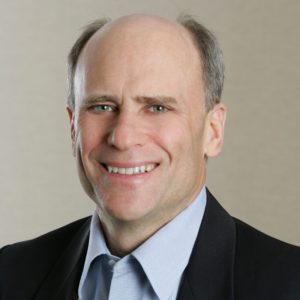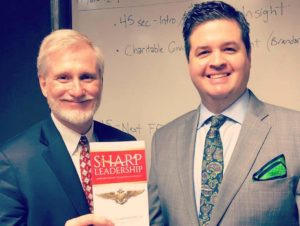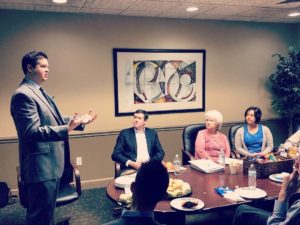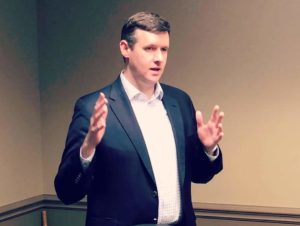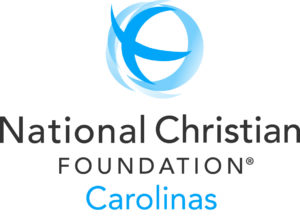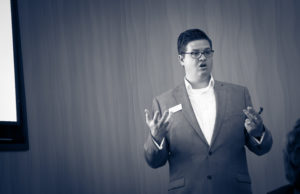Podcast: Play in new window | Download
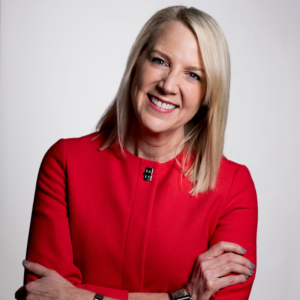 Reading Time: 2 minutes
On today’s Intelligent Money Minute, we interview Morningstar’s director of personal finance, Christine Benz. Recently, Christine Benz was named in Barron’s Top 100 Influential Women for her dedication and impact in the financial industry. During this episode, we take a moment to learn more about who Christine is and what she loves to do in her spare time. Often, we can forget that these thought leaders and innovators are people too. Amidst all the prestigious accolades, Christine Benz is a renowned author, avid traveler (pre-covid), and risotto master.
We hope you enjoy getting to know Christine Benz more on this more casual episode of Intelligent Money Minute. I don’t know about you, but after this episode I was hungry for some risotto. We like to get to know our guests and hope you do as well. Christine has a wealth of financial knowledge and we’ll be sharing more episodes with her in the near future. We also like to get to know our clients on a personal level, and if you are interested in becoming the next intelligent investor, please visit our website, investedwithyou.com and click on “Get Started.”
Schedule a short discovery call or meeting
We’ll be interviewing Christine on several podcasts regarding retirement strategies, passive investing, and diversification, so be sure to subscribe to our Intelligent Money Minute podcasts.
Reading Time: 2 minutes
On today’s Intelligent Money Minute, we interview Morningstar’s director of personal finance, Christine Benz. Recently, Christine Benz was named in Barron’s Top 100 Influential Women for her dedication and impact in the financial industry. During this episode, we take a moment to learn more about who Christine is and what she loves to do in her spare time. Often, we can forget that these thought leaders and innovators are people too. Amidst all the prestigious accolades, Christine Benz is a renowned author, avid traveler (pre-covid), and risotto master.
We hope you enjoy getting to know Christine Benz more on this more casual episode of Intelligent Money Minute. I don’t know about you, but after this episode I was hungry for some risotto. We like to get to know our guests and hope you do as well. Christine has a wealth of financial knowledge and we’ll be sharing more episodes with her in the near future. We also like to get to know our clients on a personal level, and if you are interested in becoming the next intelligent investor, please visit our website, investedwithyou.com and click on “Get Started.”
Schedule a short discovery call or meeting
We’ll be interviewing Christine on several podcasts regarding retirement strategies, passive investing, and diversification, so be sure to subscribe to our Intelligent Money Minute podcasts.
